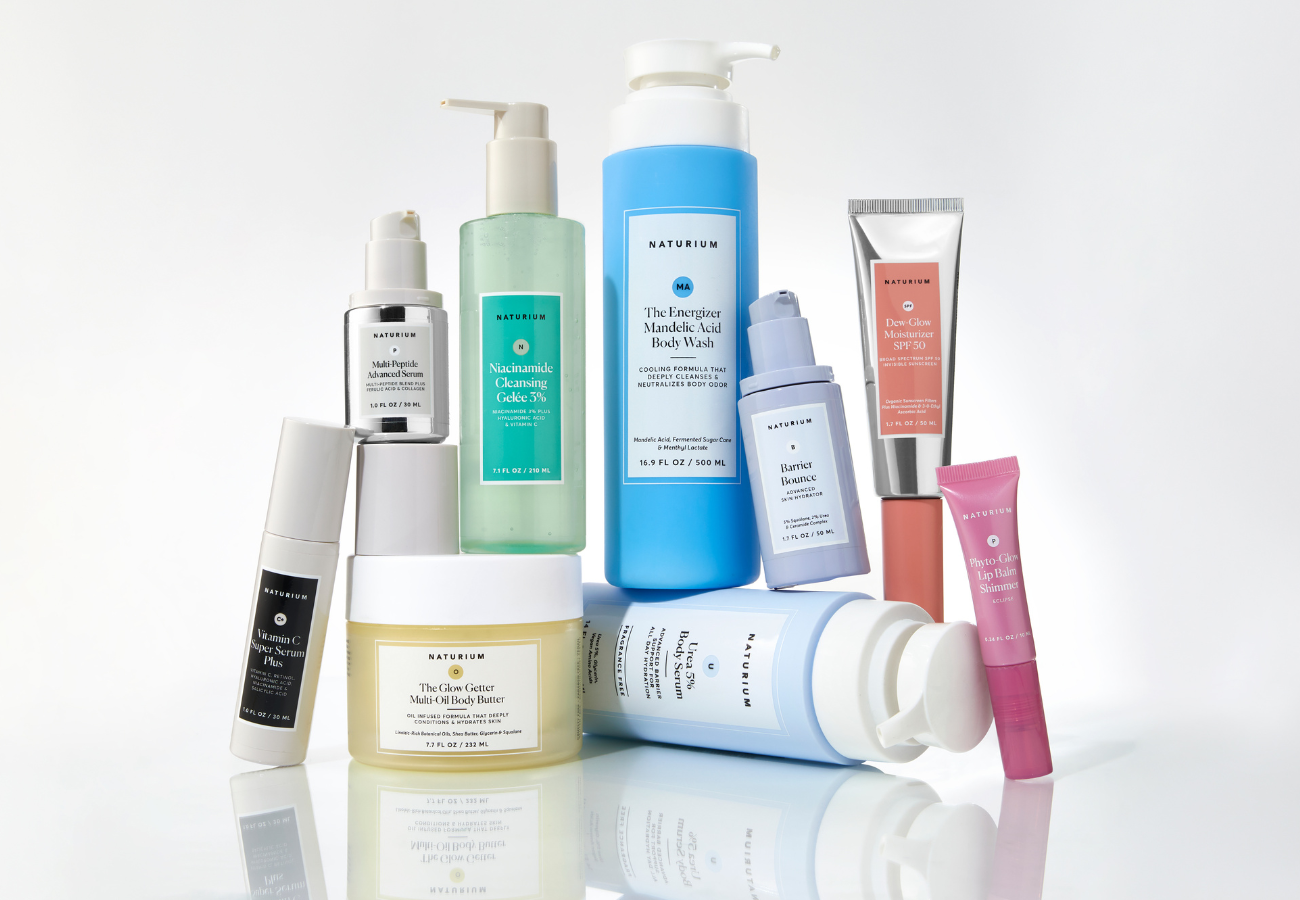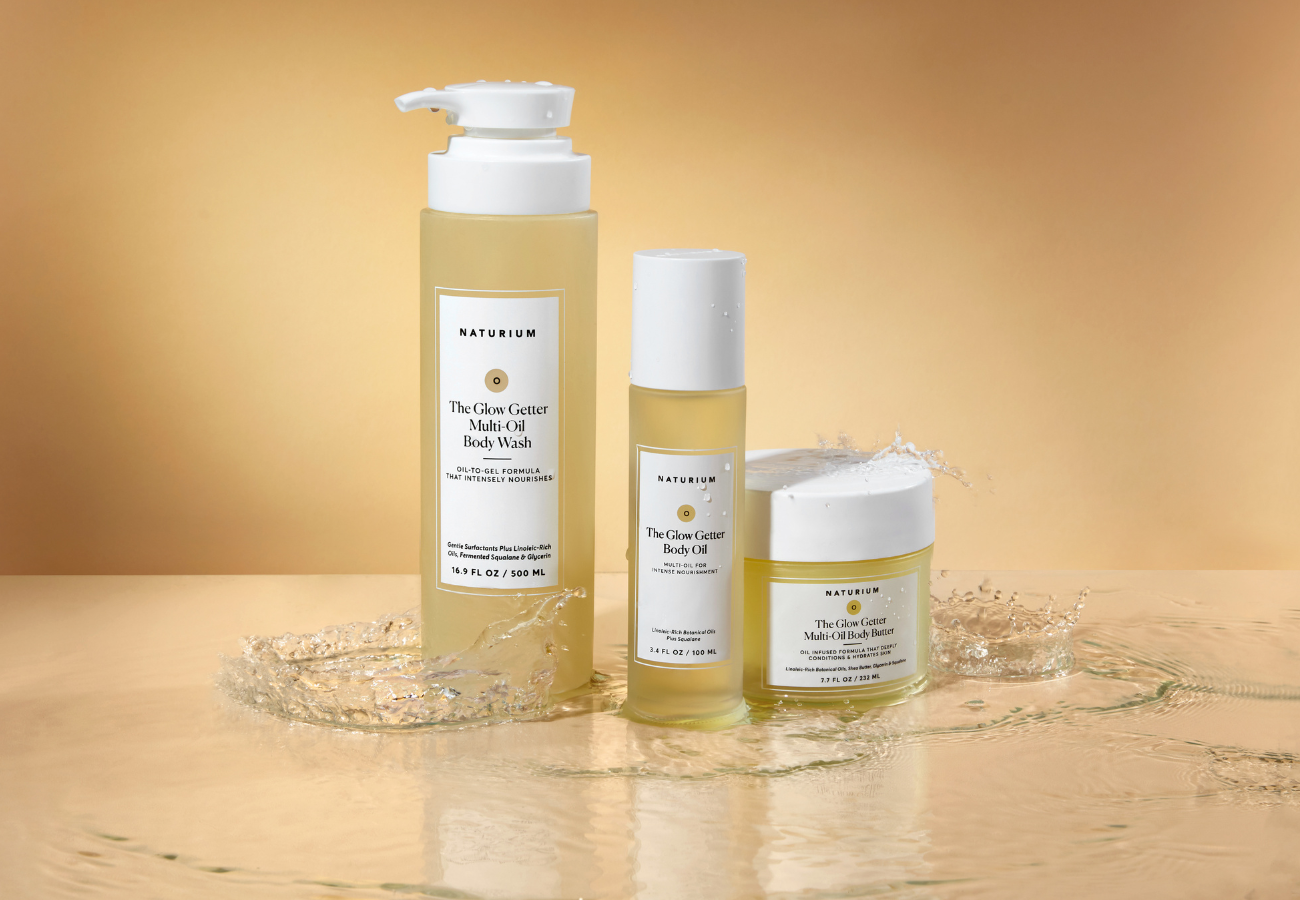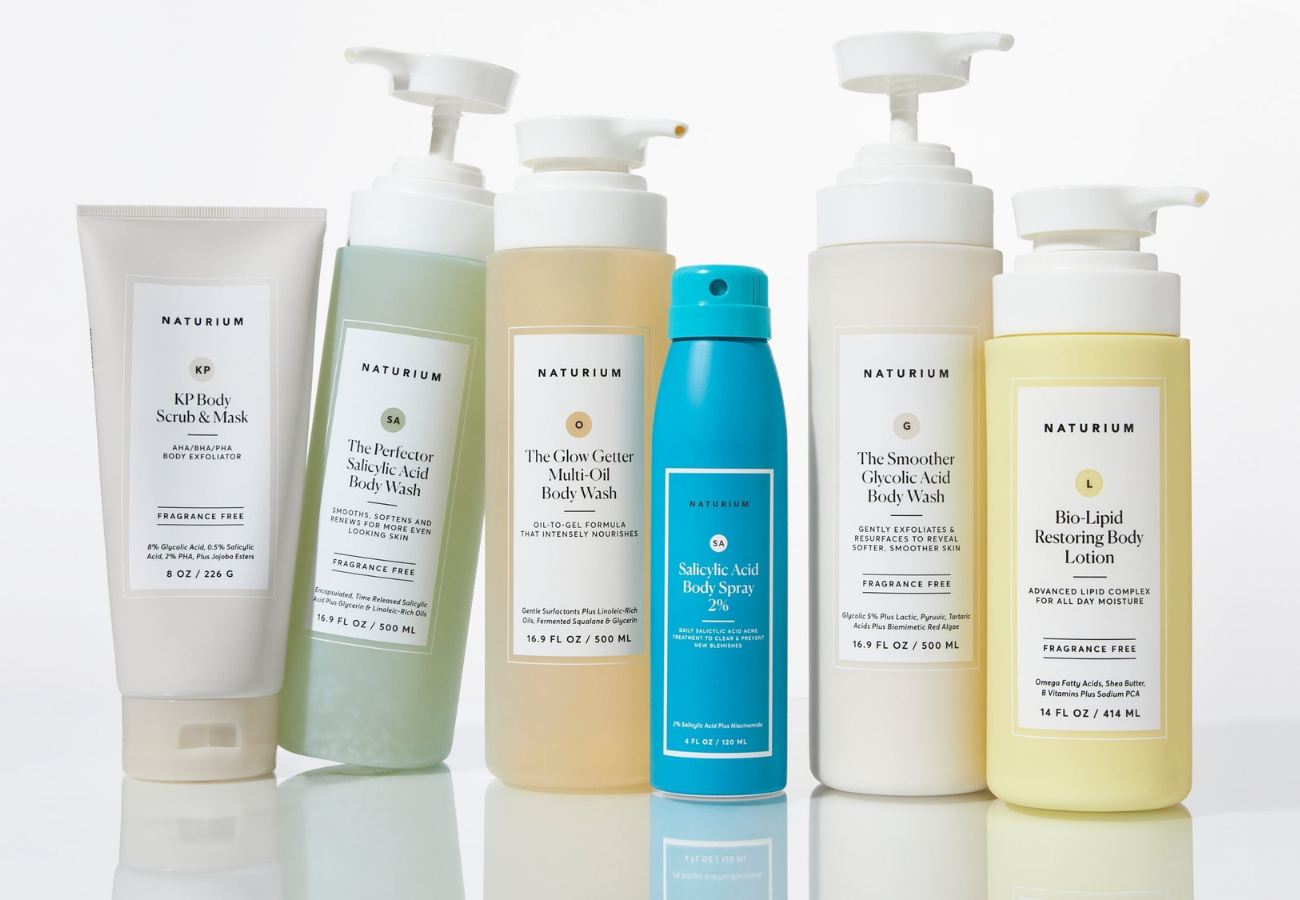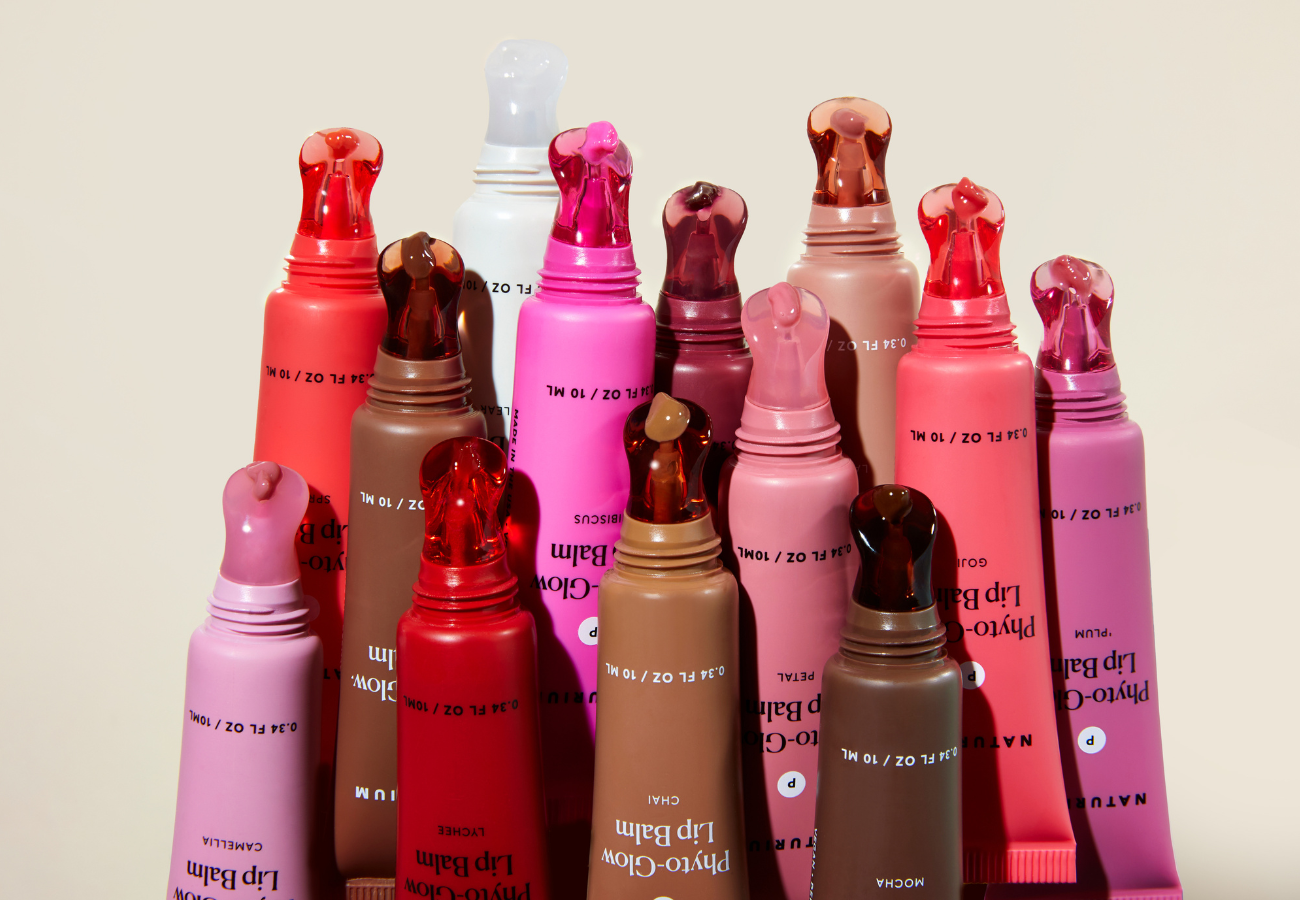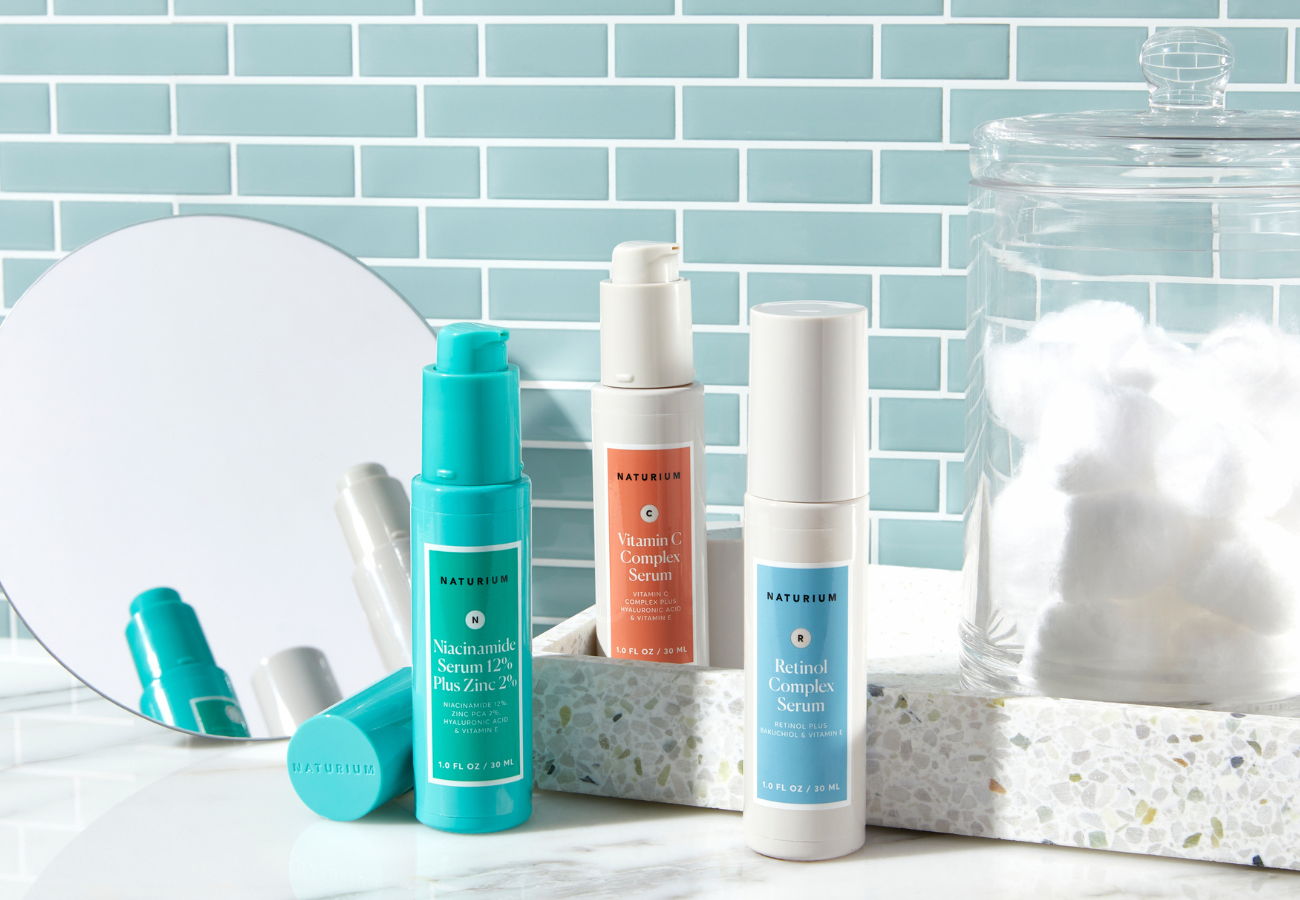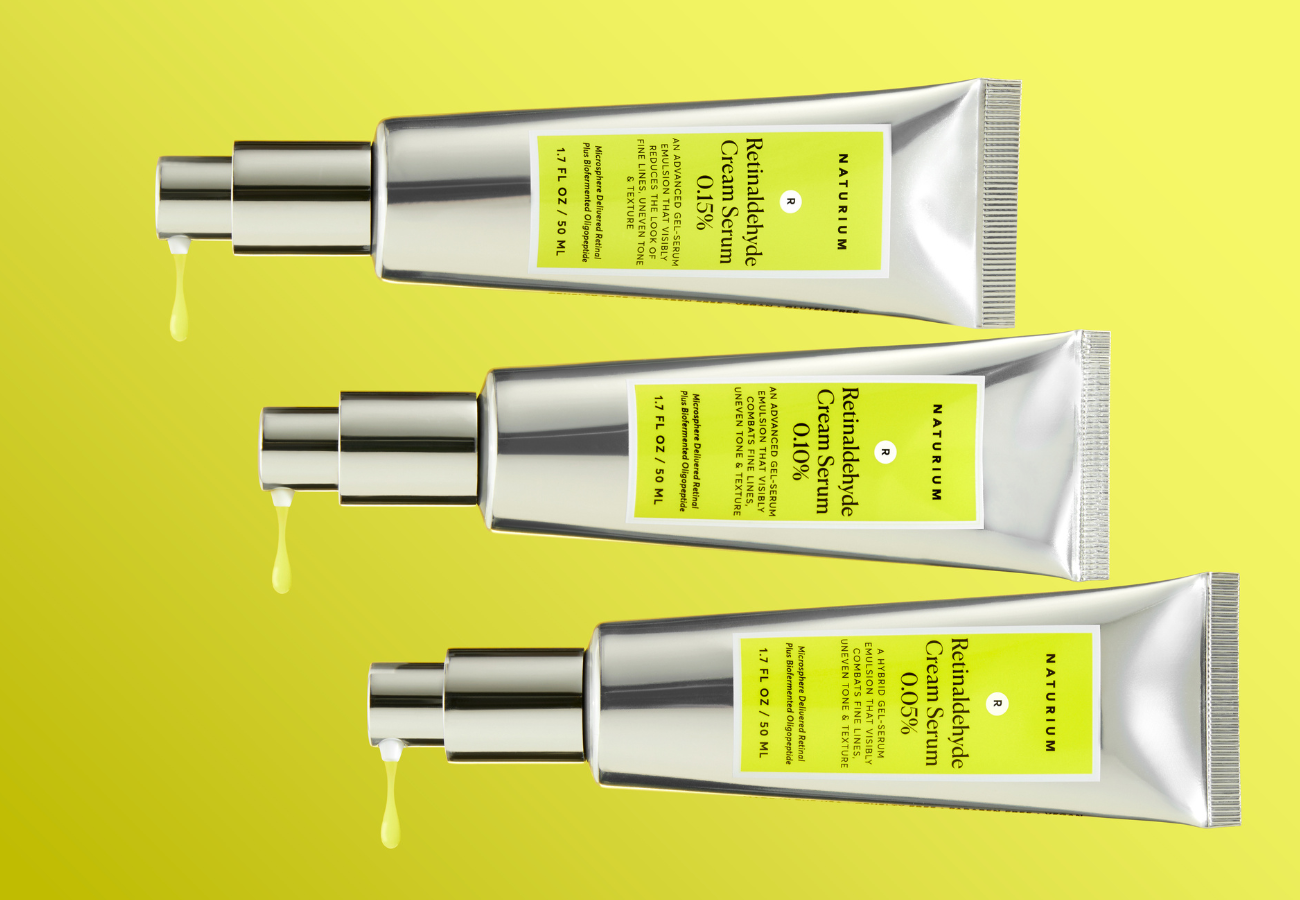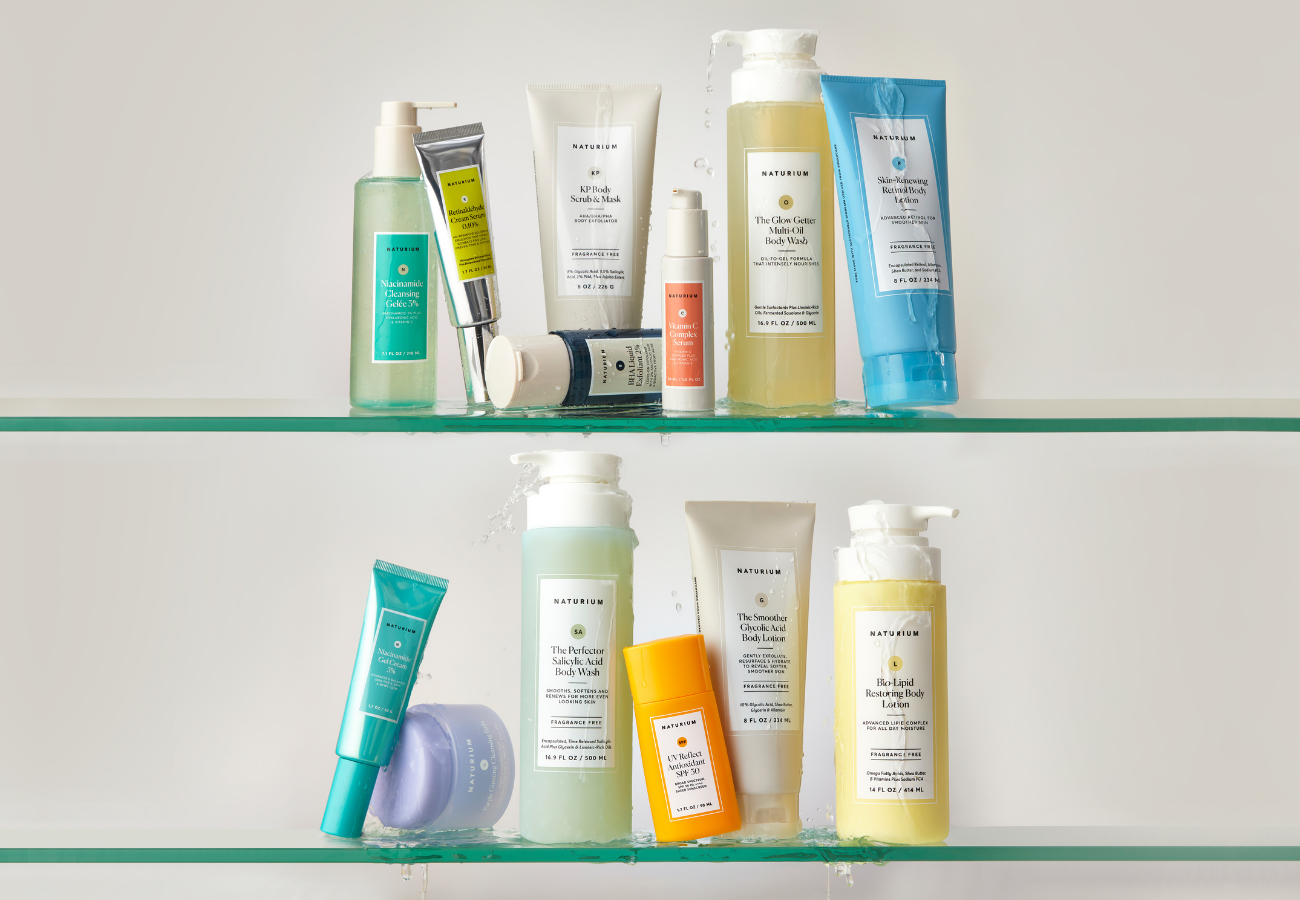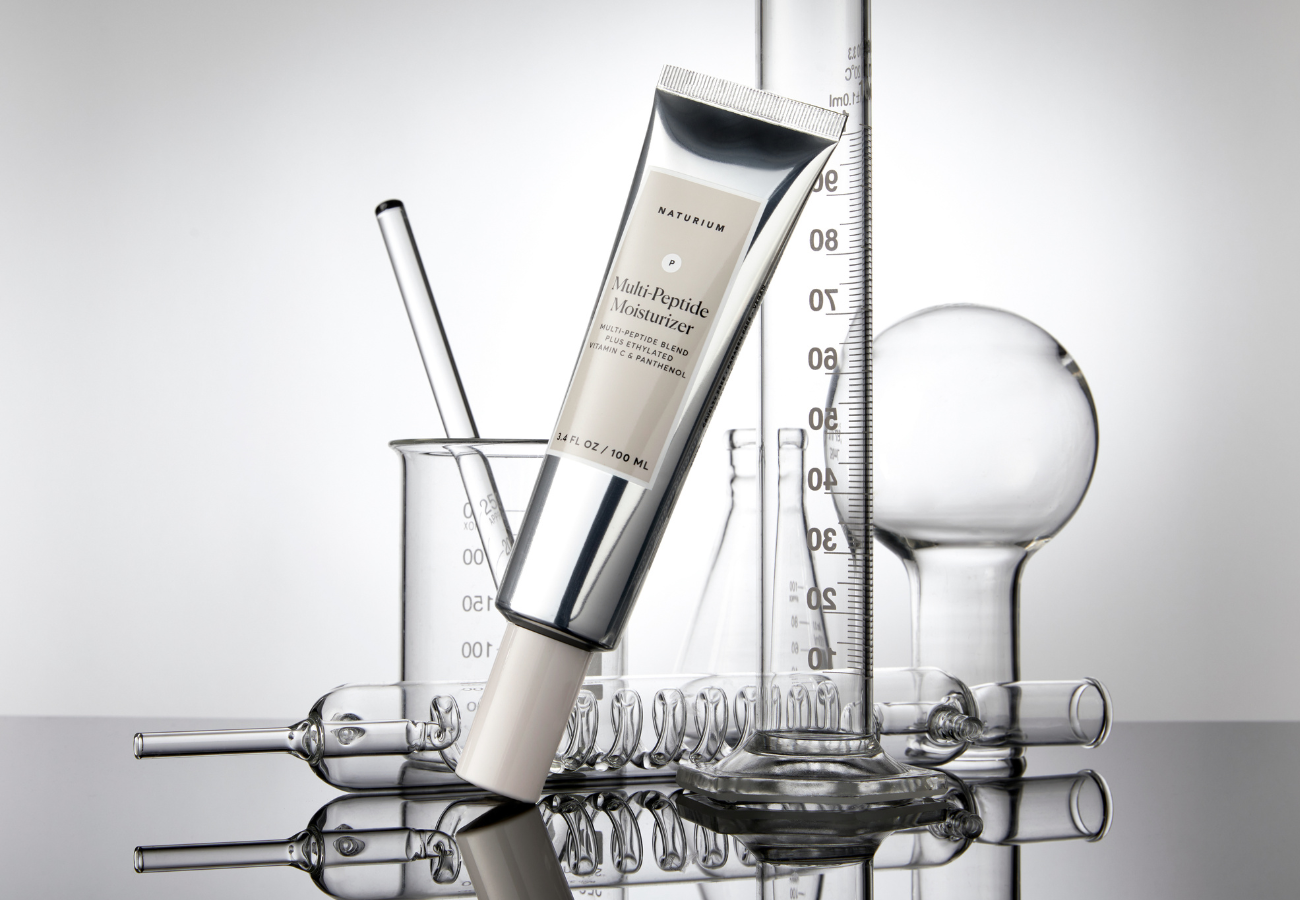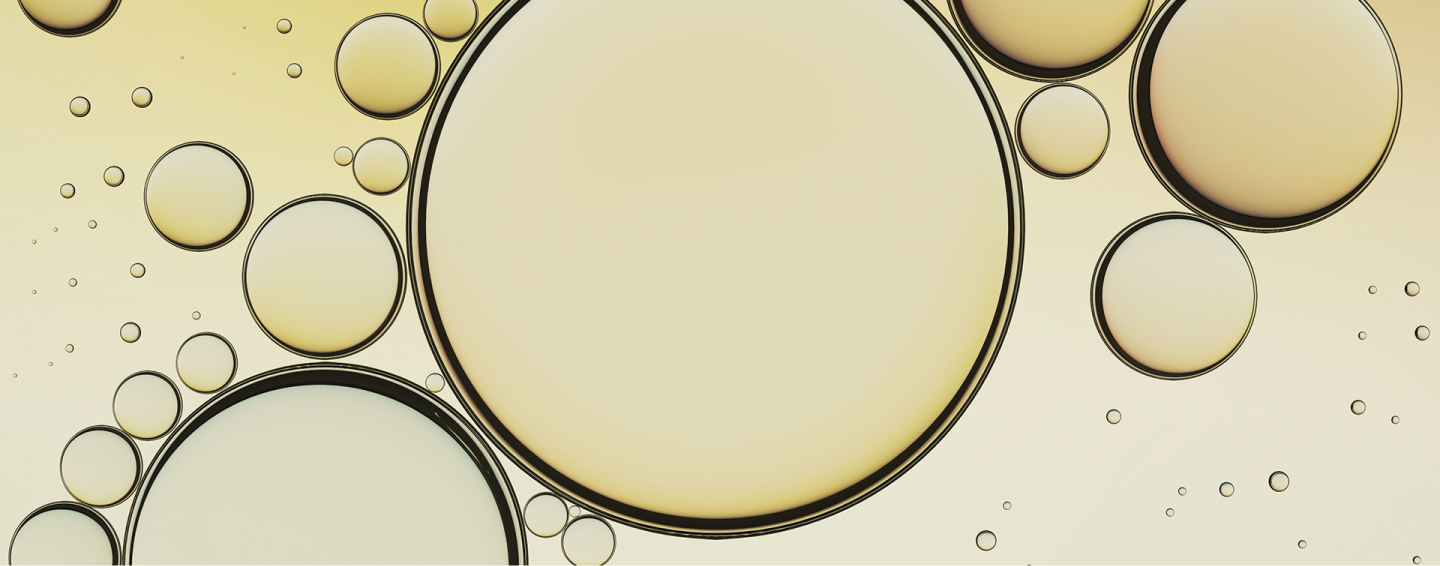
Salicylic Acid Body Wash: Your Daily Ritual for Smooth, Clear Skin
Body acne, rough texture, and clogged pores don't just affect your face. Your back, chest, and shoulders deal with the same buildup o...
Read more
Everything You Need to Know About Vitamin C Serum
If there's one ingredient that's earned its place as a skincare superstar, it's vitamin C. From fighting signs of aging to brightenin...
Read more
Building the Perfect Body Care Routine: A Step-by-Step Guide
When it comes to skincare, our faces often get the majority of the attention. But the truth is, your body deserves the same level of ...
Read more
The Complete Guide to Niacinamide Serum: Benefits and How to Use
In the world of skincare ingredients, niacinamide has earned recognition from dermatologists and researchers for its versatility and ...
Read more
How to Treat Dehydrated Skin (It's Not the Same as Dry Skin)
If your skin feels tight, looks dull, and just doesn't seem to respond to your moisturizer, you might be dealing with dehydrated skin...
Read more
Peptide Skincare: Everything You Need to Know
If you've been paying attention to skincare trends, you've probably noticed peptides appearing on ingredient lists everywhere. From...
Read more
Body Oil vs. Body Lotion vs. Body Butter: What's the Difference?
When it comes to keeping your skin moisturized and healthy, the options can feel overwhelming. Walk down any skincare aisle and you'l...
Read more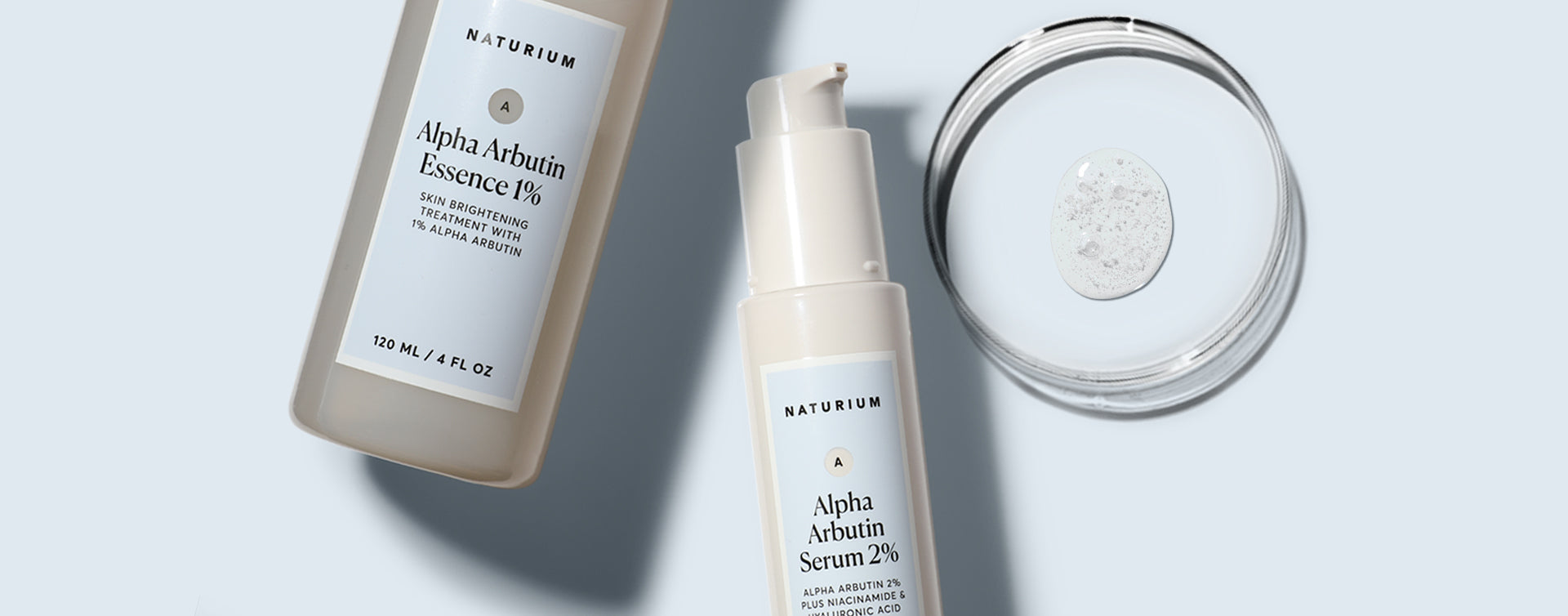
Everything You Need to Know About Alpha Arbutin
Uneven skin tone and dark spots are common skincare concerns. While many ingredients claim to brighten the appearance of skin, alpha ...
Read more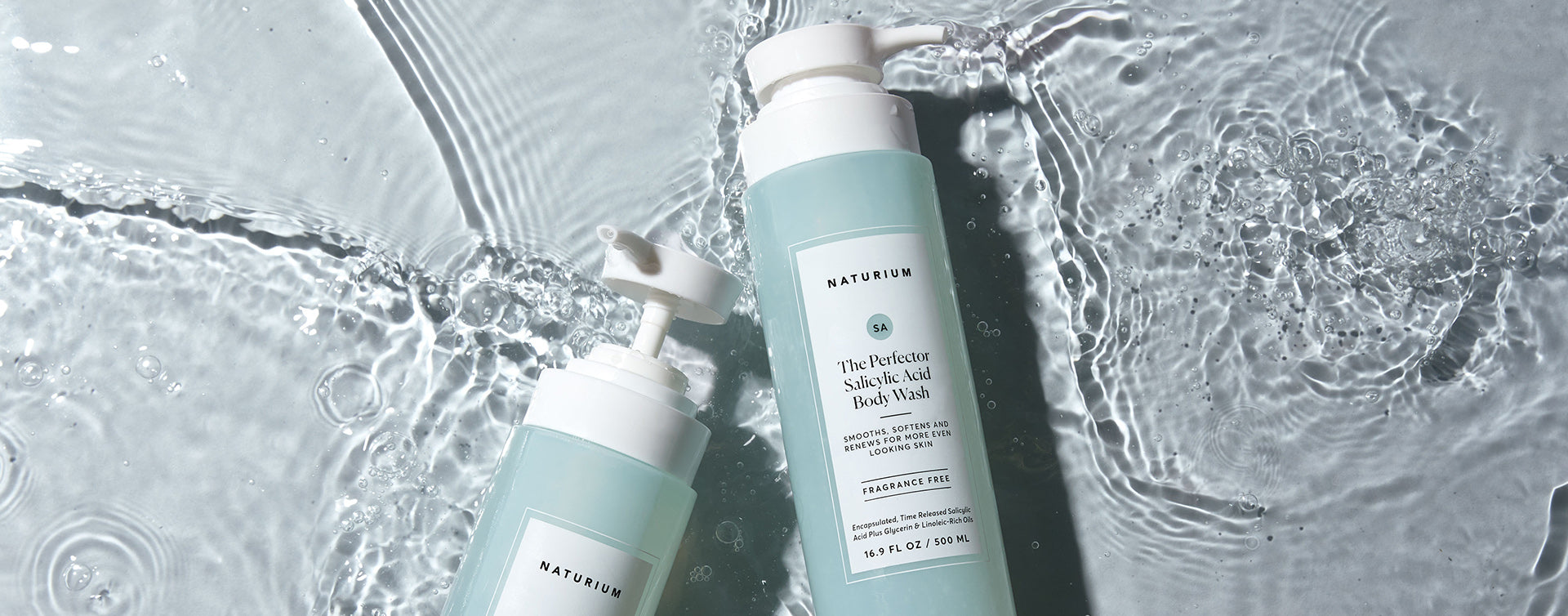
The Perfector: Salicylic Acid Body Wash for Rough and Bumpy Skin
The Perfector Salicylic Acid Body Wash is designed to help exfoliate and smooth the feel of rough, bumpy skin—making it a great optio...
Read more
Everything you Need to Know About Peptides
Peptides have become a buzzword in skincare, often associated with younger, more radiant-looking skin. But what are they exactly, and...
Read more

